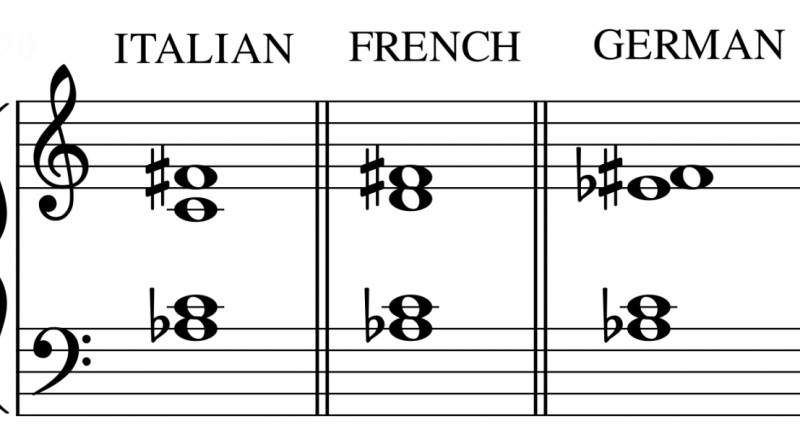Piano lessons have always traditionally begun with"Twinkle, Twinkle" or"Mary Had A Little Lamb" forms of songs and slowly branched out from there to another simple, classical songs. But recently, an increasing number of methods have surfaced to cater to the students that have the urge to instead learn chords to be able to play popular styles of music that they hear on the radio and their iPods instead of learning a more classical style of music. Some traditionalists believe that learning chords is less effective than traditional procedures. Frequently learning pop songs is frowned upon for any piano student, however, especially the beginner pianist. So if you go the standard path or learn chord theory? The answer is both and it is simpler than you might think.
It is not hard to see the benefit of learning chords, particularly if you're interested in non-classical styles of music. The modern, popular styles of music are very quite heavy, and often times based on easy chords. On the opposing side, if you simply know chords, regions of the song may not quite seem right unless you learn notation as well. The issue with learning chords exclusively is that you might be missing out on some very important parts of the music which notation (and not easy chords) will help you to play. But there is a little bit of good news in all of this. You don't need to study classical music to study traditional notation. It's not just classical music that utilizes traditional notation. When you learn that specific part, it is possible to play chords for the rest of the song, the components that don't so notice specifically. Knowing both chords and classic notation will give you the broadest knowledge of audio and will make it possible for you to play pretty much any style of music.
Personally, I believe you could use chords at the beginning to learn the basics of music, then quickly branch out into traditional notation, typically a couple weeks into classes. Not only do I believe it is possible to learn both at the exact same time, but I believe it is actually easier to do this for a newcomer, and really makes learning quickly and more successful.
It gets easier to observe chords in conventional notation and be able to visualize the notes of those chords you're playing. Identifying music in this manner greatly enhances the player's ability to play a tune, even at first sight. Although they are two very different sides to the scanning music equation, equivalent emphasis on chords and notation should make it simpler to learn them both and more importantly, watch how they are associated in the real world of audio.

It is not hard to see the benefit of learning chords, particularly if you're interested in non-classical styles of music. The modern, popular styles of music are very quite heavy, and often times based on easy chords. On the opposing side, if you simply know chords, regions of the song may not quite seem right unless you learn notation as well. The issue with learning chords exclusively is that you might be missing out on some very important parts of the music which notation (and not easy chords) will help you to play. But there is a little bit of good news in all of this. You don't need to study classical music to study traditional notation. It's not just classical music that utilizes traditional notation. When you learn that specific part, it is possible to play chords for the rest of the song, the components that don't so notice specifically. Knowing both chords and classic notation will give you the broadest knowledge of audio and will make it possible for you to play pretty much any style of music.
Personally, I believe you could use chords at the beginning to learn the basics of music, then quickly branch out into traditional notation, typically a couple weeks into classes. Not only do I believe it is possible to learn both at the exact same time, but I believe it is actually easier to do this for a newcomer, and really makes learning quickly and more successful.
It gets easier to observe chords in conventional notation and be able to visualize the notes of those chords you're playing. Identifying music in this manner greatly enhances the player's ability to play a tune, even at first sight. Although they are two very different sides to the scanning music equation, equivalent emphasis on chords and notation should make it simpler to learn them both and more importantly, watch how they are associated in the real world of audio.
Comments
Post a Comment